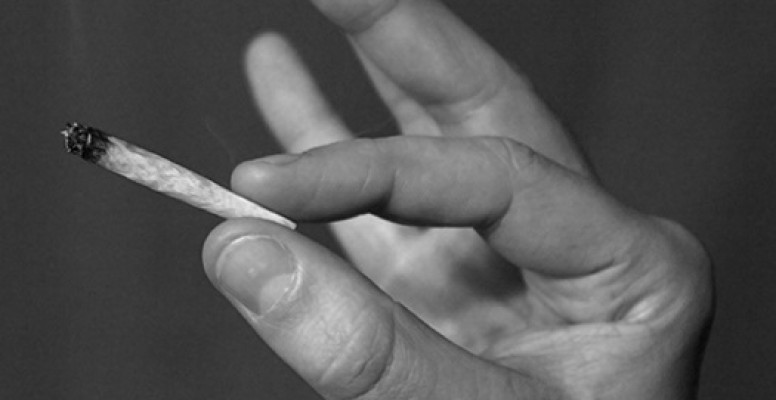
Alternative Coping Strategies for Teens Turning to Drugs to Reduce Anxiety and Stress
Written By: Ann M. Stillingfleet, ACS Clinical Intern, Adolescent Substance Abuse Treatment and Community Counseling Programs
Image: Torben Hansen, Marijuana Joint
We all too often hear teens tell us that anxiety and stress are their most persistent issues at home, in school, with peers and with their perception of themselves. We also hear the common refrain that marijuana is “part of the adolescent culture” and that drug use is rationalized as an effective coping strategy for dealing with the uncomfortable feelings that accompany stress and anxiety. What teens are less able to rationalize is that while marijuana use may provide a temporary escape from reality, reality does not go away and is typically a more threatening reality than the one they “escaped”. Not surprisingly, then, use of marijuana as a coping strategy is more likely to increase the risk for abuse long-term. There are multiple ways the use cycle continues: decreased productivity, withdrawal from social interactions, reluctance to talk to parents or teachers. According to a report by the Office of National Drug Control Policy, smoking marijuana increases the chance of developing clinical depression due to the finding that marijuana mimics dopamine, the hormone released when we feel pleasure. The brains of teen marijuana users show decreased reactivity to dopamine which can lead to irritability and addictive behaviors in the search for a respite from the overwhelming feelings of stress, anxiety and emotional discomfort.
According to the Anxiety and Depression Association of America, 25.1% of teens 13-18 years old experience pervasive anxiety and 5.9% develop serious anxiety disorders; yet only 80% of these youth seek treatment. In the stressful age that we live in, learning to cope with anxiety is essential to a meaningful and rewarding life. Understanding the physiology of anxiety gives us insight into how we might help our children avoid ineffective coping strategies.
Anxiety alone is not the reason some individuals turn to substances or behaviors to relieve their pain. Anxiety is a normal part of childhood and adolescence, and of life in general. In the simplest of terms, anxiety reminds us of what we need to do in order to survive and thrive. There is a part of our brains, called the Limbic Area, which is always looking out of our safety and even to protect us from our own feelings and experiences when they become overwhelming to us. A useful way to think of this part of our brain is as “The Protective Brain”. A very important part of the limbic area is the amygdala, which operates our sympathetic nervous system before we even know we need to act. The amygdala is responsible for our fight, flight or freeze responses to situations. When our circumstances are consistently perceived to be threatening or uncomfortable, this part of our brain stays active which causes stress. Thankfully, there is another part of our brain, the pre-frontal cortex, which could be aptly named the “thoughtful brain” because its job is to think, plan and imagine. It is with this part of our brain that we can “notice” what is happening to our bodies in certain circumstances or situations and consciously respond to situations with thoughts, intentions and behaviors that tell the “protective brain” that it does not have to work so hard to keep us safe.
It is normal for teens to separate from their parents in their process of individuation and identity formation and for teens to seek alliance with and approval from their peers. This process can cause tension and anxiety in parents and teens alike. It is important to recognize and demonstrate, as parents and authority figures that we understand and respect the teen’s journey into adulthood and that we remain connected and present as the teen explores the world he must find his place in. Just as the 2 year old thrills in the experience of owning his power to move away from parents but needs to know they are watching carefully to keep him safe, so the teen needs that same assurance though he may not express it quite as endearingly.
What parents can do to help their child cope with anxiety:
- Stay calm when teen is irritable or anxious
- Praise accomplishments (not just wins)
- Avoid criticizing failures
- Explore decision making strategies; deconstruct scenarios and discuss consequences of different choices
- Be attentive to your teens’ feeling
- Be curious, not invasive
- Practice mindfulness
- Connect, Connect, Connect!
Resources

